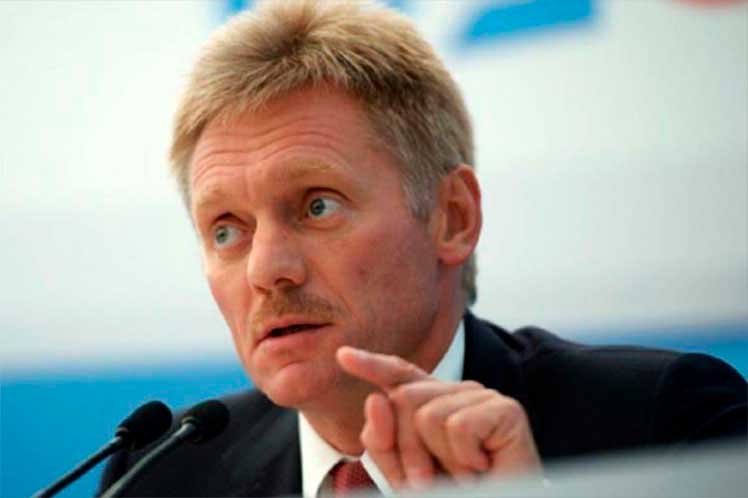According to that publication, the director of the U.S. Central Intelligence Agency (CIA), William Burns, during his visit to Moscow in November, apparently warned Russia about possible “consequences” in case it is involved in such incidents.
In an exchange with journalists Thursday, Lavrov clarified that the issue was not discussed in any way with Burns’ political interlocutors during his trip to the Russian capital, nor during his conversation with President Vladimir Putin.
“As for the topic of Burns’ conversation with his colleagues in the special services, I have nothing to say about it, it is not public information,” he replied, referring to his meetings with Russian Security Council Secretary Nikolai Patrushev and Foreign Intelligence Service Director Sergey Naryshkin.
The Russian official expressed his outright rejection of “any insinuations, assumptions or statements about the alleged involvement of the Russian side in these cases. We have nothing to do with this,” he said.
According to The Washington Post, citing U.S. officials, during his visit to Moscow on November 2-3, Burns confidentially warned Russia of the consequences if Russian intelligence services were to become involved in incidents such as the so-called Havana syndrome.
The US newspaper’s sources clarified that the content of his appeal did not imply any accusation against Russia.
Last November 3, an article written by Serge Schmemann, a member of the editorial board of the U.S. newspaper The New York Times, pointed out the lack of evidence supporting the existence of the so-called Havana Syndrome.
These ideas of an alleged sonic weapon, he noted, posit that “it is an outbreak of what used to be called mass hysteria, but now goes by less offensive names such as collective psychogenic illness, conversion disorder and functional neurological disorders.”
So far, despite the many efforts to explain the “anomalous health incidents” – the bureaucratism assigned to the phenomenon by the Government, scientists and investigative journalists – no one came up with anything conclusive, the text said, according to Prensa Latina.
pgh/etc/mem/mml










